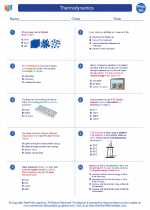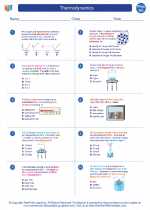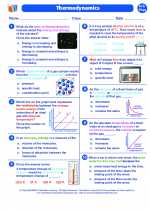Nervous System
The nervous system is a complex network of nerves and cells that transmit signals between different parts of the body. It is responsible for coordinating the body's actions and responses to both internal and external stimuli. The nervous system can be divided into two main parts: the central nervous system (CNS) and the peripheral nervous system (PNS).
Central Nervous System (CNS)
The CNS consists of the brain and spinal cord. It is responsible for processing and integrating information received from the body and coordinating the body's responses. The brain is the control center of the nervous system and is responsible for functions such as thinking, memory, and emotion. The spinal cord serves as a pathway for transmitting information between the brain and the rest of the body.
Peripheral Nervous System (PNS)
The PNS consists of all the nerves outside of the CNS. It is responsible for transmitting sensory information from the body to the CNS and transmitting motor commands from the CNS to the muscles and glands. The PNS can be further divided into the somatic nervous system, which controls voluntary movements, and the autonomic nervous system, which controls involuntary functions such as heart rate and digestion.
Study Guide
- What are the two main parts of the nervous system?
- Describe the functions of the central nervous system.
- What is the role of the peripheral nervous system?
- Differentiate between the somatic and autonomic nervous systems.
- Explain the role of the brain and spinal cord in the nervous system.
◂Physics Worksheets and Study Guides High School. Thermodynamics

 Worksheet/Answer key
Worksheet/Answer key
 Worksheet/Answer key
Worksheet/Answer key
 Worksheet/Answer key
Worksheet/Answer key
